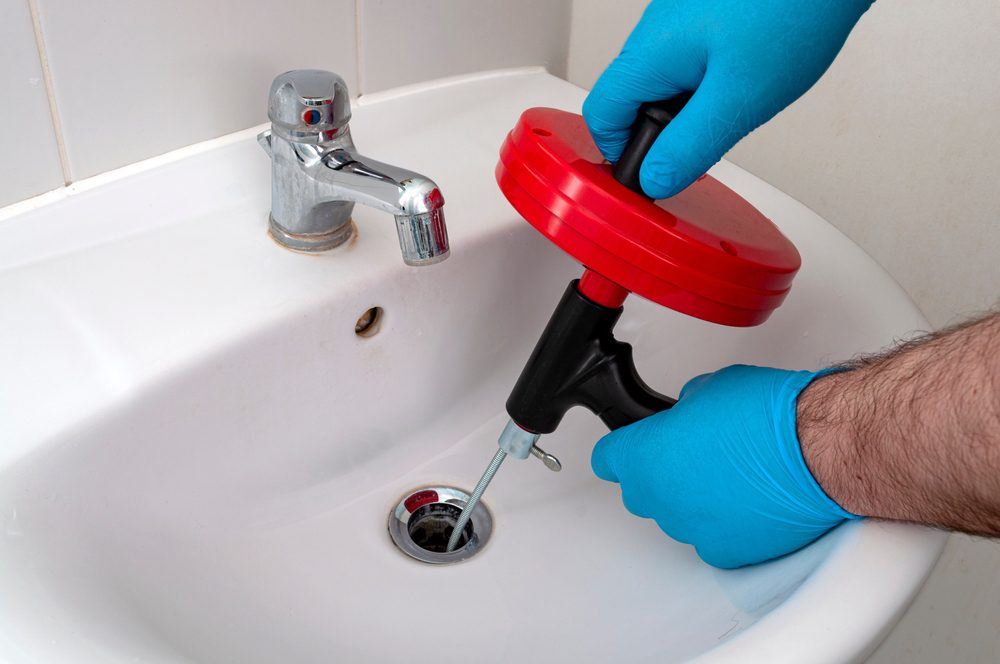Listed here underneath you can find more great guidance concerning General Plumbing Tips for New Homeowners.

For brand-new home owners, understanding and preserving shower room pipes can conserve both money and time by protecting against pricey concerns down the line. Right here are some vital shower room pipes ideas to aid you maintain every little thing running efficiently.
Acquaint Yourself with the Key Shut-Off Shutoff
Recognizing where the major water shut-off shutoff lies in your house is crucial. This allows you to quickly turn off the water supply in case of major leaks or during plumbing emergency situations, protecting against extensive water damages.
Regularly Inspect for Leakages
Tiny leakages can cause huge problems. Routinely check under sinks, around commodes, and near pipes components for any type of indications of leaks. Look for wetness, little drips, or corrosion. Catching and repairing leakages early can stop much more serious damages and conserve water.
Do Not Neglect Slow Drains
If your sink or bathtub is draining pipes gradually, it's typically a sign of a clog creating. Resolving this very early can stop a complete clog. Use a bettor or a plumbing technician's snake to clear out debris. Avoid making use of chemical drain cleaners as they can harm your pipelines gradually.
Know What Not to Flush
Bathrooms are not garbage disposals. Stay clear of flushing anything other than toilet paper and human waste. Things like wipes, feminine hygiene items, and cotton swabs need to be taken care of in the garbage to stop blockages and sewer back-ups.
Mount Strainers in Drains
Location strainers in your sink and tub drains pipes to capture hair and various other debris prior to they enter your plumbing system. Cleansing the strainers regularly will help stop buildup and maintain water moving openly.
Keep Your Water Heater
Ensure your hot water heater is readied to an ideal temperature (typically about 120 levels Fahrenheit) to stop scalding and minimize power use. Flush the tank each year to remove sediment buildup, which can reduce the efficiency and lifespan of your heating unit.
Update Your Components
If your home has older fixtures, consider updating to more reliable models. Modern commodes, showerheads, and taps are developed to utilize much less water while offering good pressure, which can significantly reduce your water bill and environmental impact.
Be Cautious with DIY Plumbing Fixes
While it's alluring to handle all home repairs on your own, beware with pipes. Some concerns might require professional proficiency, particularly if they include primary water lines or sewage system fixings. Hiring an expert can often be extra cost-efficient than DIY, especially if it stops more damages.
Prepare for Cold Weather
Secure your pipelines from cold throughout winter by shielding pipelines in unheated locations like cellars, attic rooms, and garages. During extreme cold, let cold water drip from faucets offered by revealed pipelines to assist stop cold.
Arrange Routine Maintenance
Think about scheduling annual evaluations with a certified plumbing. They can find issues that you may miss, such as hidden leakages or damage on pipelines and fixtures. Regular upkeep aids expand the life of your plumbing system and can avoid emergencies.
Conclusion
Recognizing and keeping your home's bathroom pipes can protect against several usual concerns. By following these important tips, you can guarantee your shower room continues to be practical and effective, saving you time and money over time.
Essential Plumbing Tips for Homeowners: Keep Your Pipes Flowing Smoothly
As a homeowner, understanding the basics of your plumbing system can save you time, money, and a lot of headaches. Plumbing issues can range from minor annoyances like dripping faucets to major problems like burst pipes that cause significant damage. This guide provides essential tips to help you maintain your plumbing system and tackle common issues.
Understanding Your Plumbing System
Supply System: Brings fresh water into your home from a municipal source or a well. Drain-Waste-Vent System: Removes wastewater and vents sewer gases outside. Fixtures and Appliances: Includes sinks, toilets, showers, dishwashers, and washing machines. Basic Maintenance Tips
Regular Inspections: Periodically check for leaks, corrosion, and other signs of wear and tear. Look under sinks, around toilets, and near water heaters. Know Your Main Shut-Off Valve: In case of a major leak, you’ll need to shut off the water quickly. Ensure everyone in your household knows where the main shut-off valve is located. Prevent Frozen Pipes: In cold climates, insulate exposed pipes and let faucets drip during extreme cold to prevent freezing. Use Strainers: Install strainers in sinks and tubs to catch hair, food particles, and other debris that can cause clogs. Common Plumbing Issues and Solutions
Clogged Drains:
Prevention: Avoid pouring grease down the drain and use drain screens to catch debris. DIY Fix: Use a plunger or a plumbing snake to clear minor clogs. For stubborn clogs, a mixture of baking soda and vinegar can sometimes help. Leaky Faucets:
Prevention: Replace washers and seals regularly. DIY Fix: Turn off the water supply, disassemble the faucet, and replace worn parts.

Click Here
 Val Kilmer Then & Now!
Val Kilmer Then & Now! Andrea Barber Then & Now!
Andrea Barber Then & Now! Jenna Von Oy Then & Now!
Jenna Von Oy Then & Now! Nancy McKeon Then & Now!
Nancy McKeon Then & Now! Erika Eleniak Then & Now!
Erika Eleniak Then & Now!